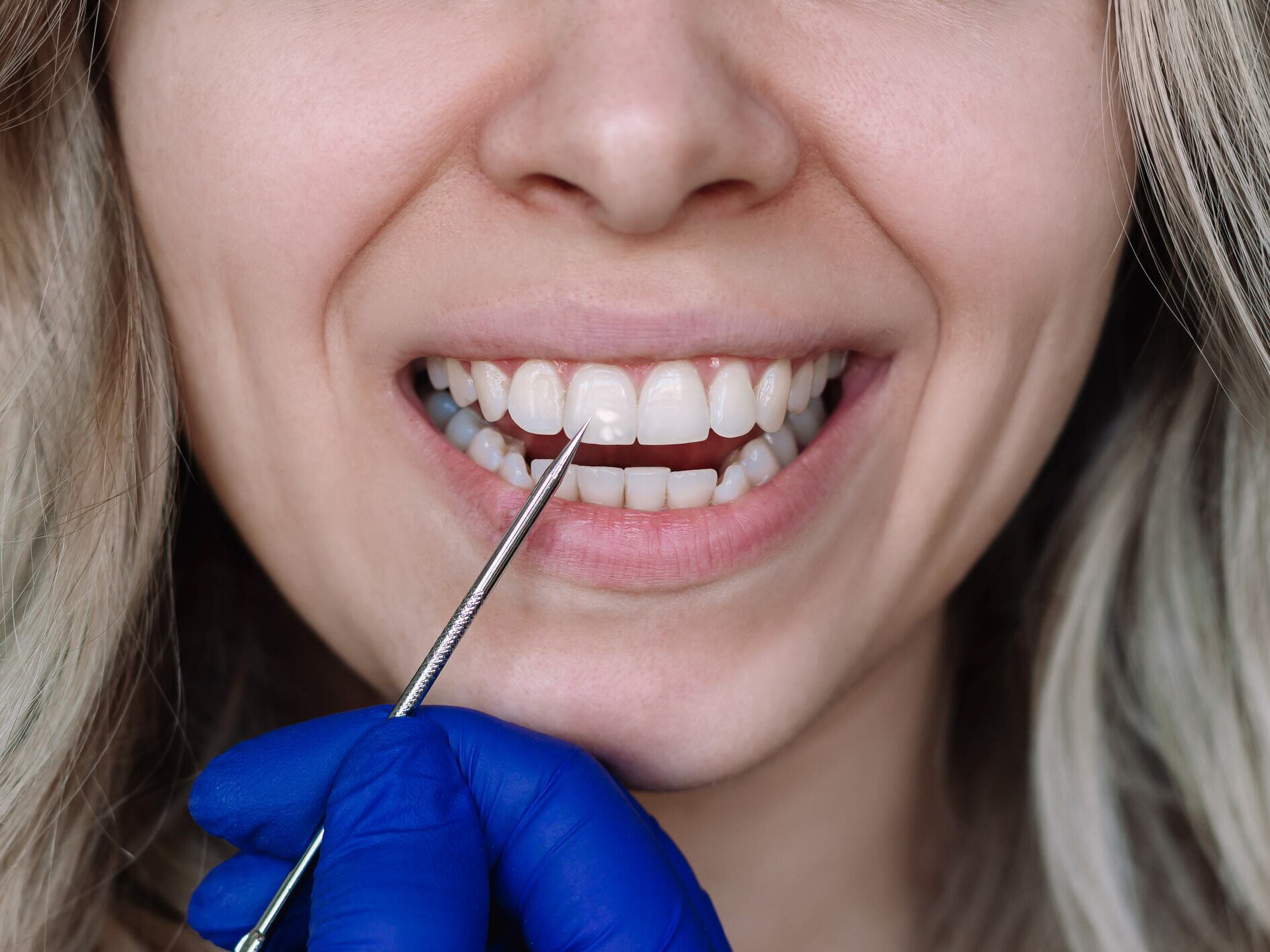
Even if you take exceptional care of your teeth by brushing them twice a day, flossing, and having regular dental examinations, white spots on your teeth may form. White spots on teeth can develop from various causes, including an acidic/sugary diet, poor dental care, tooth damage, and some drugs.
Understanding the reason for the white spots on teeth is critical for administering the right therapy and preventing more significant oral health issues, such as decay and tooth loss, from occurring in the future.
What Causes White Spots on Teeth?
White spots on teeth can occur in as little as four weeks if not treated, and if left untreated, the surface might collapse, leaving the tooth cavitated. If you wonder what causes white spots on teeth, there are many reasons, and the reasons that may have caused white spots on teeth are listed below.
When you get up in the morning, you may find white discolouration on your teeth that disappear after a few hours. Sleeping with your mouth open all night is a common cause of this, and dehydration of the enamel surface of your teeth causes these white patches.
Decalcification, also known as demineralization, is the process by which important minerals like calcium and phosphorus are removed from teeth by acids produced by bacteria. In other words, they are the calcium marks on teeth. Bacteria eat away at the enamel, producing unsightly white spots on your teeth.
White spots on teeth can also be caused by Turner’s tooth, also known as enamel hypoplasia. It is a disorder characterized by a deficiency in enamel quality and thickness. Turner’s tooth can be caused by various circumstances, including malnutrition, smoking during pregnancy, premature delivery, or a high temperature resulting from sickness. People with these white spots may be more prone to sensitivity and degradation in the locations of the spots; thus, they must be monitored frequently.
Fluorosis is a prevalent condition in children caused by excessive fluoride exposure. Although fluoride has numerous advantages, too much of it can cause white discolouration on the tooth. Fluoride excess can be obtained via drinking tap water, eating toothpaste, or taking fluoride supplements.
Treatment of White Spots on Teeth
If the regions are cleansed, and plaque from the white spot is removed on a regular basis, it can be stopped from expanding. If the white spots continue to be attacked by acid, the surface of the white spot may begin to peel away, resulting in a genuine “cavity” that will require filling.
If you have white spots on your teeth due to demineralization, the initial step in therapy would be to enhance your dental hygiene. Adults and children should wash their teeth twice a day for two minutes each and floss regularly. You’ll also need to see a dentist for a checkup to determine what’s causing your white spots.
To strengthen your teeth and prevent white spots from becoming cavities, your dentist may recommend fluoride gel. Your dentist can fill any cavities that develop in the white spot or discolouration area using a composite material that matches the surrounding teeth.
There is no need to treat white spots if your dentist finds you have Turner’s tooth and they are not causing decay or cavities. However, if you are not self-conscious about these spots, professional tooth whitening and dental veneers might be used to conceal teeth’ white spots.
Fluorosis typically has few side effects. To treat fluorosis, lower your fluoride intake by using the correct amount of toothpaste and consuming bottled water rather than tap water. Cosmetic dental methods might be used in extreme situations to correct any persistent discolouration caused by white spots on teeth (e.g. teeth whitening, veneers, crowns, and other restorations).
How to Prevent White Spots on Teeth?
There are a few things you may do to avoid white tooth spots. In order to prevent demineralization and problems from Turner’s tooth:
- Brush and floss your teeth frequently.
- After eating and drinking, sip and swirl the water around your mouth to neutralize the acids.
- Avoid snacking or drinking during the day (other than water).
To prevent exposing your children to too much fluoride, watch how much toothpaste they use. Only a pea-sized amount of toothpaste should be applied to children’s toothbrushes. Supervise your children when they clean their teeth and ensure they spit out the toothpaste rather than swallowing it.
You can reach our previous article from https://smileteamturkey.com/blog/what-are-dental-x-rays/
